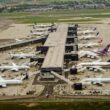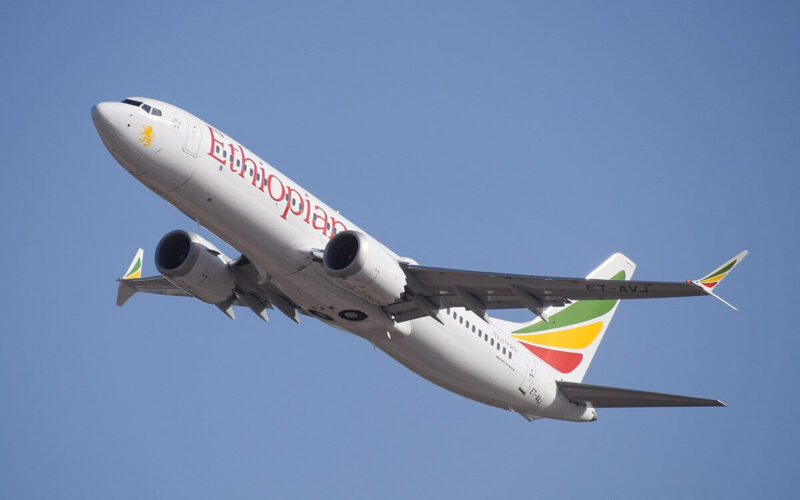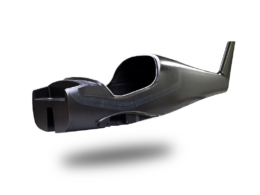Family members of Ethiopian Airlines flight ET302 victims have spoken at a U.S. Congressional hearing on July 17, 2019. Calling Boeing’s actions in the aftermath of two MAX 8 jets crashes “shameful” and “a disgrace to humanity”, they have provided recommendations for improving aviation safety.
Portrait of family members lost
Paul Njoroge has lost his wife, mother-in-law and three children. “My wife, Carol, was a dedicated homemaker and a full time accountant who wanted to change the world through cultured education in marginalized communities of Kenya,” Njoroge said. “My six year old son Ryan was a super intelligent boy who was fascinated by the galaxy and aspired to be an astronaut. My four years old daughter Kelly’s singing delight everyone. My nine months old daughter Ruby was bubbly and a joy of our family”.
“I think about their last six minutes a lot,” Njoroge said, explaining further that his wife and mother in law “knew they were going to die. They had to, somehow, to comfort the children during those final moments, knowing they are the last. I wish I was there with them”.
Victims’ families call for safety improvements
Njoroge has described Boeing’s actions in the aftermath of the two MAX crashes as “a shameful behavior pattern” and “an insult to humanity”, stating that the manufacturer had shifted focus from “the route cause” of the accidents (referring to the MCAS) to foreign pilot error. Family members are calling for a full recertification of 737 MAX jets and mandatory simulator training for pilots.
Among other recommendations provided for the committee, victims’ families are asking that the Federal Aviation Administration (FAA) returned to Designate Engineering Representative (DER) system instead of Organization Designation Authorization (ODA), in place since 2005.
Michael Stumo, father of ET302 victim Samya Stumo, said he has talked with Boeing safety engineers who had worked when the DER program was still in place. “It was explained to me [that] there have always been a timeline pressures and financial pressures,” Stumo said. “Under the older DER program […] Boeing still paid these engineers, but they reported to FAA. There were two lines of authority, two chains of command […]. Safety culture could put a stop to things if something looked wrong. After the ODA system […], there was only one chain of command, up through Boeing, and it was very difficult for the safety culture to stop something”.
Boeing’s apology through camera lens?
Contrary to Ethiopian Airlines, Boeing has never directly reached out to victims’ families, Njoroge and Stumo told the committee. “Boeing has never reached out to families about the impossible sorrow and grief we will carry for our entire lives,” is explained further in Njoroge’s written testimony, submitted before the hearing. “Instead they have a press relations strategy to apologize to cameras and propose half-baked promises to give $100 million to local governments and nonprofit organizations”.









